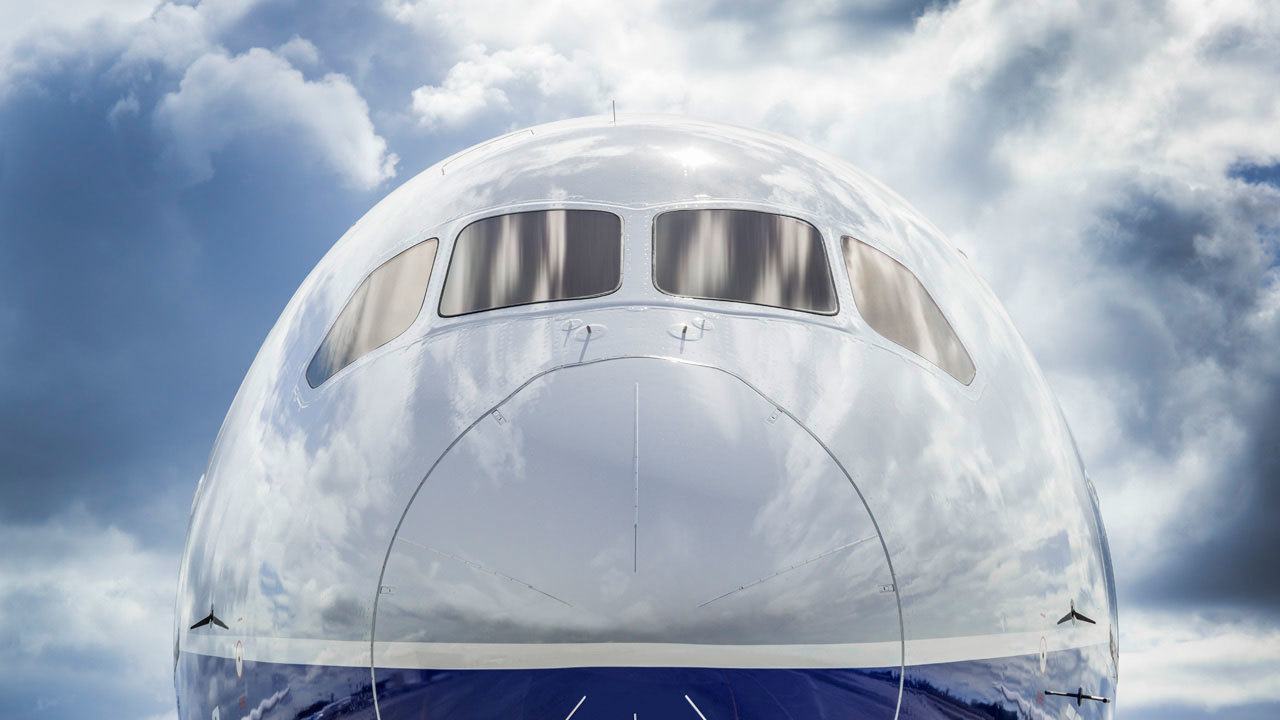Congratulations on your first hundred years, Boeing. Cut the cake and get back to work.
Last July, Boeing passed the century mark growing to become the world’s largest and most successful aerospace manufacturer.
Boeing website proudly proclaimed: “Since July 15, 1916, we’ve been making the impossible, possible. From producing a single canvas-and-wood airplane to transforming how we fly over oceans and into the stars, The Boeing Company has become the world’s largest aerospace company. And we’re just getting started.”
Boeing’s success is well known. Now, remaining on top is the challenge.
The stakes are high. Worldwide, the company projects investments of $5.9 trillion for 39,620 new commercial airplanes to be delivered during the next 20 years.
The strongest growth is in the single-aisle market where three out of four new aircraft are anticipated. That’s where Boeing and Airbus really bump heads. It is also the attracting aerospace companies from Japan, Russia, Canada, Brazil and China.
Airlines in China alone are expect to order 6,810 new airplanes over the next 20 years which are worth more than $1.025 trillion. There is a strong demand for low cost flights and ticket prices start with the cost of airplanes.
China, keenly aware of the market, also wants a share of building airplanes.
In late 2015, the Commercial Aircraft Corporation of China (COMAC), the government funded manufacturer, planned to make between 50 and 60 a year. Its C919 seats between 130 and 200 which is the sweet spot for Boeing’s 737 and Airbus’ A-320.
COMAC has over 500 orders from Chinese airlines. Last October, Michel Merluzeau, a Seattle-based aerospace business analyst, told the Puget Sound Business Journal (PSBJ): “Beware of the Chinese. Their ability to surprise us will be significant.”
COMAC is working feverishly to automate several parts of its commercial airplane production to make it faster, easier and cheaper. “The automation in the factory is like nothing I have ever seen or heard,” Merluzeau warned.
In addition, COMAC announced plans to partner with Russia to build the C929 and C939 wide body jets to compete directly with Boeing’s 777 and Airbus’ A330. The aircraft would be developed in Russia and assembled in China. The first planned delivery is 2026.
Retired Boeing Commercial Airplanes CEO Ray Conner told PSBJ in 2015: “We have to anticipate they’re going to be there with a product that is going to be competitive, both from the standpoint of performance and from the standpoint of price.” Last year, China National Radio reported the C919 could be 30 percent cheaper.
Boeing’s hallmark has been its willingness to take risks and drive change. Development of the 787 Dreamliner was the latest example. Even though the road to putting it on the flight line was costly and bumpy, Boeing is now reaping the rewards. It delivered its 500th Dreamliner in 2016.
Hopefully, the same will happen when Boeing’s new 777 with the revolutionary composite wings goes into service. That will pump new blood into a sagging wide body jet market.
Even though Washington is very fortunate to many new thriving corporations, our success is still pegged to Boeing.
In 2016, Boeing supported 252,800 jobs in Washington and generated $95 billion in economic activity. More than $21 billion total Washington wages were supported by aerospace.
While exports from Washington state dropped sharply in 2015 because of the global economic slowdown, Boeing’s commercial aircraft deliveries grew by 6 percent totaling $51.5 billion.
There will always be challenges, but the keys to keeping companies expanding in Washington are stimulating innovations, well-educated and trained workers, and maintaining competitive production costs. Accomplishing that means Boeing will be cutting its 125th anniversary cake in Seattle.
Don C. Brunell is a business analyst, writer and columnist. He retired as president of the Association of Washington Business, the state’s oldest and largest business organization, and now lives in Vancouver. He can be contacted at theBrunells@msn.com.
Talk to us
Please share your story tips by emailing editor@kentreporter.com.
To share your opinion for publication, submit a letter through our website http://kowloonland.com.hk/?big=submit-letter/. Include your name, address and daytime phone number. (We’ll only publish your name and hometown.) Please keep letters to 300 words or less.

